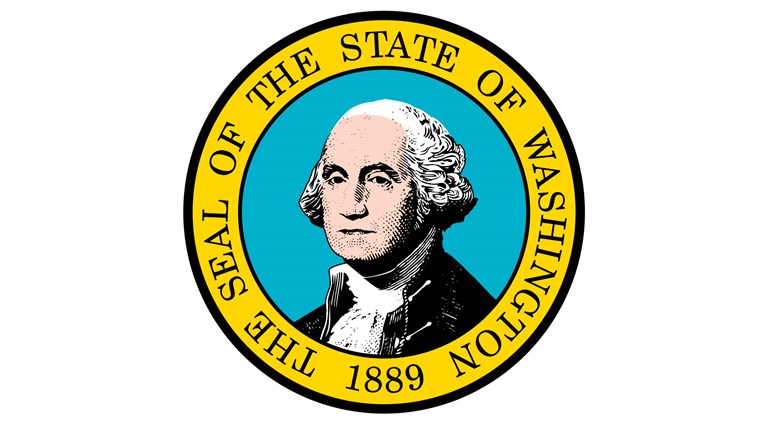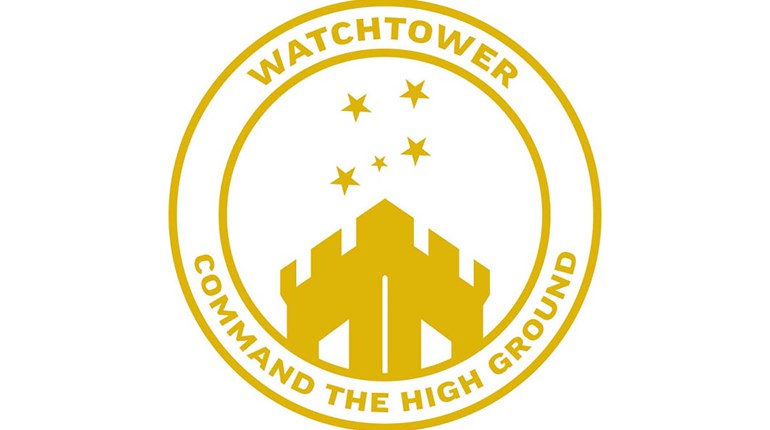
The South Carolina General Assembly has agreed to legislation that will enact a fee increase to the state’s migratory waterfowl permit, or Duck Stamp. The bill, (H 4177 ), sponsored by Representative Phillip Lowe in the House and supported by Senators Chip Campsen and Stephen Goldfinch, will direct new revenue to improvements for waterfowl habitat on Wildlife Management Areas (WMAs) in South Carolina and on the breeding grounds of Canada. The fee increase will expire after five years.
The South Carolina Department of Natural Resources (DNR) is responsible for managing waterfowl and other wildlife habitat on WMAs. Currently, South Carolina’s WMAs are in dire need of improvement after many years of storms and other pressures, but with more resources for waterfowl management, South Carolina DNR will be better equipped to meet their habitat restoration, operations and management commitments.
“South Carolina hunters are known throughout the South as dedicated sportsmen and avid conservationists,” said Ed Penny, Ducks Unlimited (DU) southern region director of public policy. “Passage of this bill once again demonstrates that waterfowl hunters support stronger investments in habitat. DU appreciates the leadership of Representative Lowe in developing this legislation after extensive discussion with stakeholders, and we thank Senators Campsen and Goldfinch for recognizing the need and leading the way in the Senate.”
The Association of Fish and Wildlife Agencies (AFWA) established a goal for states to collectively contribute $10 million per year to habitat projects in important waterfowl breeding areas, known as the Fall Flights Program. Funding from each state wildlife agency, often provided through a portion of its state waterfowl stamp funds, provides key non-federal dollars that are matched by DU, and are then in turn leveraged with North American Wetlands Conservation Act (NAWCA) funds. Projects within this initiative restore, enhance or protect habitat for waterfowl important to the Atlantic Flyway and South Carolina. South Carolina was an early leader in supporting this program, and new revenue resulting from this legislation will renew their commitment to breeding grounds conservation.
“By supporting breeding habitat important to South Carolina ducks while also empowering South Carolina DNR to successfully restore and manage waterfowl habitat, hunters from all across the South who travel to the Palmetto State will be able to see their conservation dollars at work,” said Emily Purcell, DU director of conservation programs.





































